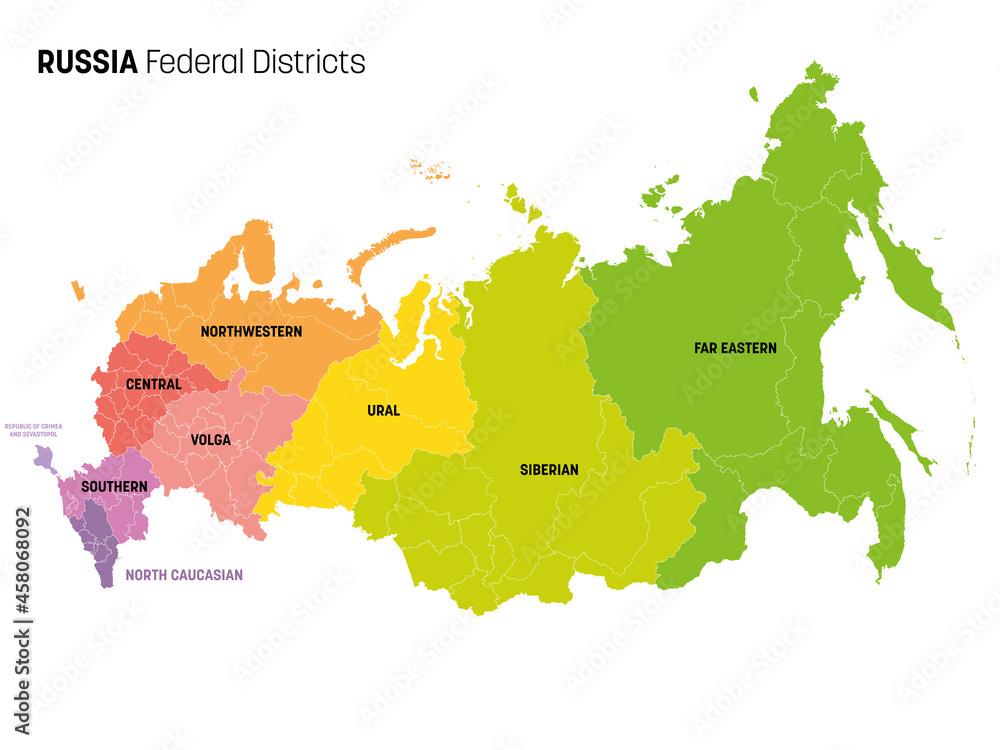In a meaningful shift in geopolitical dynamics within West Africa,Russia has announced plans to escalate its military aid to the junta-led governments of Mali,Niger,and Burkina Faso. This development comes amidst growing concerns over security challenges in the Sahel region, where extremist groups have gained a foothold, exacerbating instability and violence. Moscow’s increased support not only signals its commitment to fostering alliances with these military regimes but also raises questions about the implications for regional security and Western influence in a territory increasingly viewed as a new frontier for global power competition. As the situation unfolds, analysts are closely monitoring how this enhancement of military collaboration will shape the balance of power in West africa and its potential impact on the broader fight against terrorism in the Sahel.
Russia’s Growing Military Engagement in West Africa: Implications for Regional Stability
Russia’s military assistance to the junta-led governments of Mali, Niger, and Burkina Faso marks a significant shift in the geopolitical landscape of West Africa. This engagement is characterized by a series of arms deals, military training programs, and the deployment of mercenary groups. The implications are multifaceted and could exacerbate existing tensions in the region. Key points driving this military collaboration include:
- Counterterrorism partnerships: increased military aid aimed at combating Islamist insurgency threats in the Sahel region.
- Strengthening authoritarian regimes: Providing military support to consolidate power in these nations, potentially undermining democratic processes.
- Geostrategic competition: Heightened rivalry with Western powers as Russia seeks to expand its influence in Africa.
While this military engagement is poised to enhance the operational capabilities of the armed forces in these countries, it raises questions about long-term stability and governance. Increased military presence could lead to greater human rights violations and civil unrest, further destabilizing an already volatile region. A comparative overview of military engagements and their implications for local governance is illustrated in the table below:
| Country | Military Support Type | Potential Impact |
|---|---|---|
| Mali | Arms Supplies, Training | Strengthened military against insurgents, risk of authoritarianism |
| Niger | Mercenary Deployment | Enhanced counterterrorism, potential for civil unrest |
| Burkina Faso | Advisory Support | Improved military strategy, undermining democratic institutions |
Assessing the Strategic Partnerships between Russia and West african Juntas
The recent surge in military cooperation between Russia and the junta-led governments of Mali, niger, and Burkina Faso underscores a strategic realignment in the West African geopolitical landscape. As these nations seek to bolster their security amid ongoing threats from militant groups and internal instability, their appeals for military support have found a receptive partner in Russia. This partnership is manifested in various forms, including mixed military training programs, the provision of arms, and potential intelligence sharing. Key factors driving this collaboration include:
- Increased unilateral Western military presence and intervention in the region.
- Desire for diversified military alliances beyond traditional Western partners.
- shared interests in countering terrorism and securing territorial integrity.
Moreover, the implications of this partnership extend beyond mere military hardware. The relationship signals a challenge to Western influence in a region that has historically relied on European powers for security assistance. Furthermore, with reports of Russian mercenaries operating in these countries, potential economic and political leverage is being established. As these nations deepen ties with Moscow, they may gain not only military resources but also a framework for economic collaboration, notably in sectors like mining and energy. In this context, the strategic calculations behind these partnerships could reshape the political and security dynamics in West Africa. A comparison of recent military aid to these countries highlights the growing trend:
| Country | Type of Military Assistance | Expected Outcomes |
|---|---|---|
| Mali | Arms supplies, training programs | Enhanced counter-insurgency capabilities |
| Niger | Joint military exercises, surveillance support | Improved regional stability |
| Burkina Faso | Humanitarian support, military advisors | Strengthened government control |
Recommendations for International Community Response to Increased Russian Influence
in light of Russia’s increasing military aid to junta-led nations in West Africa, it is indeed essential for the international community to adopt a extensive strategy aimed at countering this influence. There should be a unified call for enhanced diplomatic engagement with the governments of Mali, Niger, and Burkina Faso, emphasizing the importance of regional stability and democratic governance. Key actions may include:
- Strengthening Diplomatic Channels: Establish and reinforce multilateral discussions involving the African Union and ECOWAS to address security concerns while promoting democratic values.
- Targeted Sanctions: Consider imposing sanctions on key military leaders and associated entities that facilitate Russia’s influence,thereby signaling a disapproval of undemocratic practices.
- Supporting Local Civil Society: Invest in grassroots organizations that advocate for democracy, human rights, and transparent governance within these nations.
Moreover, it is crucial to provide choice security and development assistance that counters Russian narratives and fosters local resilience. Humanitarian aid programs should be prioritized, focusing on building infrastructure and improving access to education and health services. The following strategies could be effective:
| Strategy | Description |
|---|---|
| Military Training Programs | Enhance training for local forces focusing on human rights and civilian protection. |
| Economic Partnerships | Form trade agreements with Western nations to offer economic alternatives to Russian influence. |
| Media Outreach | Fund initiatives that improve fact-based journalism to counter misinformation. |
insights and Conclusions
the increasing military assistance from Russia to the juntas in Mali, Niger, and Burkina Faso marks a significant shift in the geopolitical landscape of West Africa. This move not only underscores Moscow’s ambitions to expand its influence in the region but also raises questions about the potential implications for regional stability and global power dynamics. As these nations grapple with ongoing security challenges,the infusion of military aid may reshape existing alliances and transform the approaches to combating terrorism and unrest. The developments warrant close monitoring, as the international community watches the evolving scenario in this strategically critical region.

